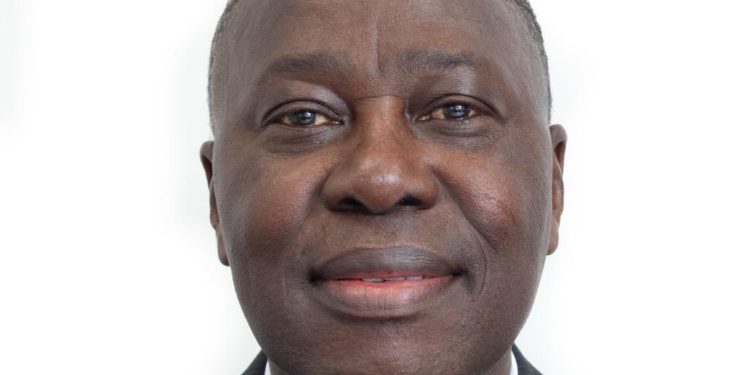Dear Evans,
Thank you for your articulate and inspiring response to my article “When Everyone Wants to Be a Lawyer: Rethinking Ghana’s Career Priorities for National Development.” I truly appreciate the intellectual depth and balance you bring to the conversation.
Your arguments remind us that Ghana’s progress depends not on dismissing any profession, but on placing every profession where it matters most.
You are absolutely right — the problem is not the existence of lawyers, but the misallocation of skills and the lack of systems that allow professionals, whether legal or technical, to apply their expertise effectively. My piece was not a rejection of law; it was a plea for balance — to awaken national consciousness to the quiet decline of scientific and technical capacity that underpins development.
Lawyers are indispensable in any modern economy. They frame the rules of engagement, protect public interest, and ensure justice. Engineers, scientists, and technologists, on the other hand, operationalize those rules through tangible outcomes — roads, bridges, energy systems, and innovations that sustain livelihoods. One without the other creates imbalance. A just nation without infrastructure stagnates; a technologically advanced nation without justice collapses.
Where we converge, I believe, is on the urgent need for integration rather than competition between disciplines. The future belongs to hybrid thinkers — engineers who understand policy, lawyers who appreciate technology, economists who grasp environmental science, and educators who can translate all these into civic value.
However, my argument still stands that Ghana’s education and economic systems have tilted too heavily toward certification-based prestige rather than production-based competence. We glorify law, management, and politics while underfunding laboratories, workshops, and research centers. The result is not too many lawyers per se, but too few doers in proportion to the country’s developmental needs.
So yes, you can lawyer your way to development — but only in a society where the legal mind collaborates with the scientific hand and the ethical heart. The true path to development is interdisciplinary harmony — where every profession contributes to the same national blueprint.
Let’s keep this dialogue alive, not as a debate between professions, but as a shared mission to restore balance, purpose, and productivity in Ghana’s human capital strategy.
Warm regards,
Dr. Isaac Yaw Asiedu
